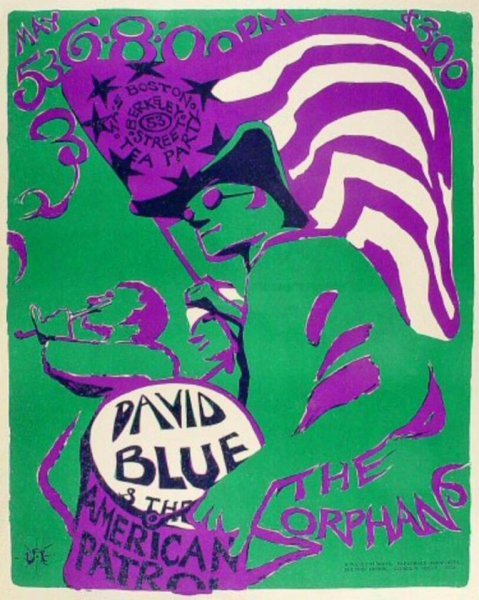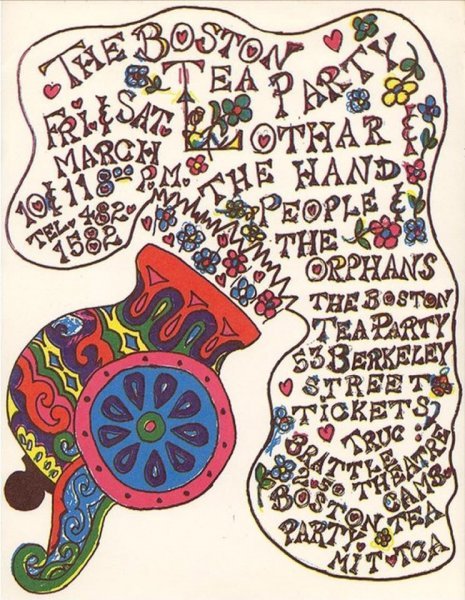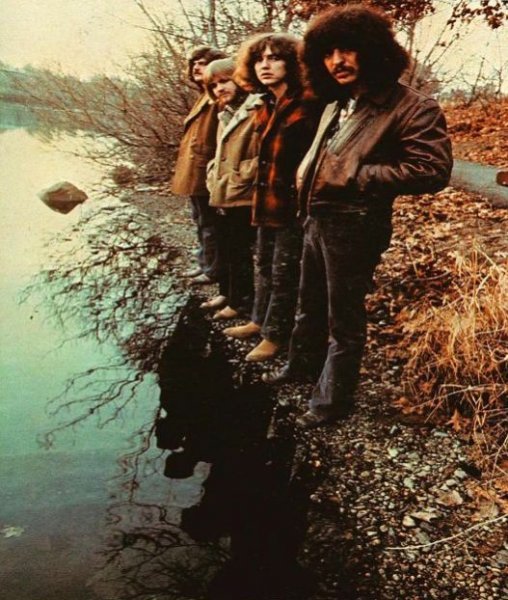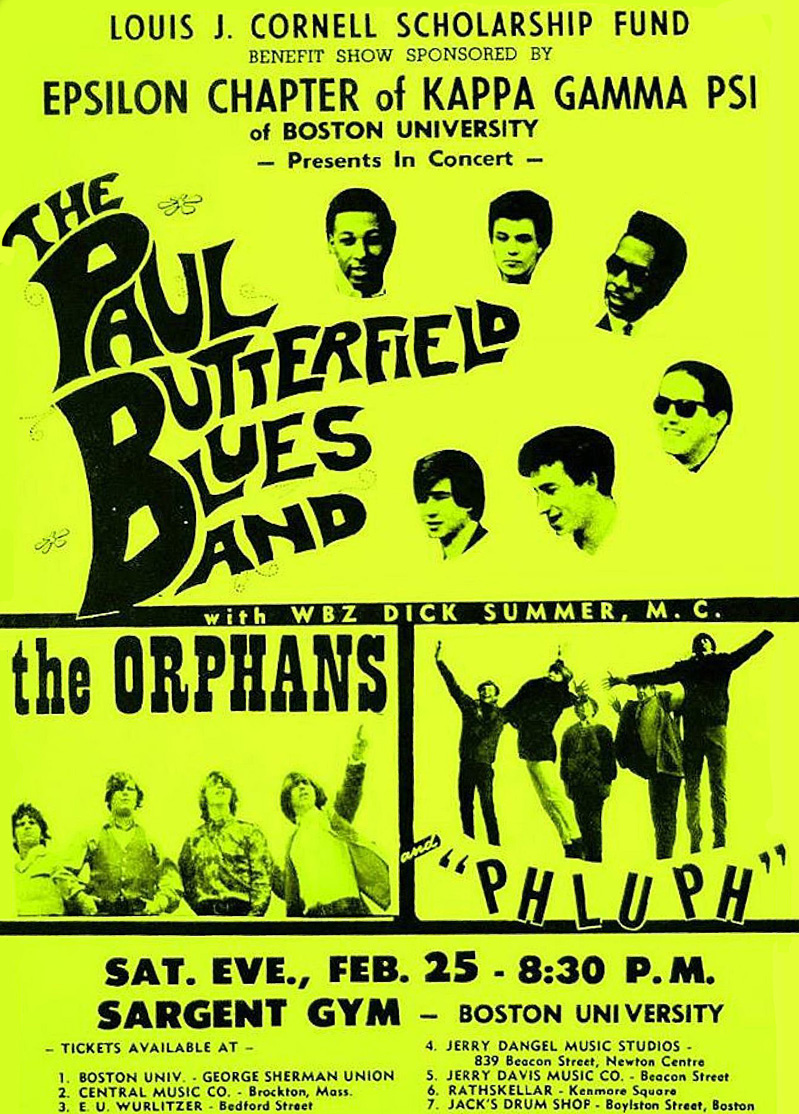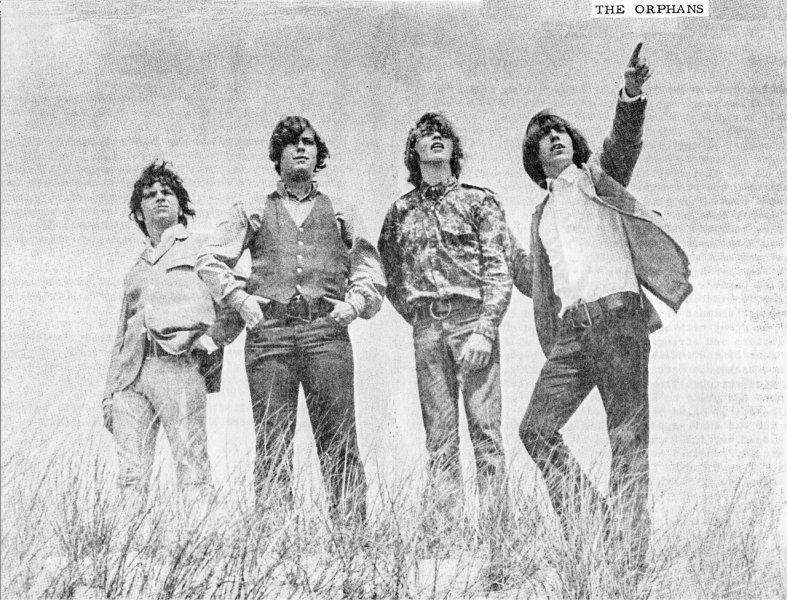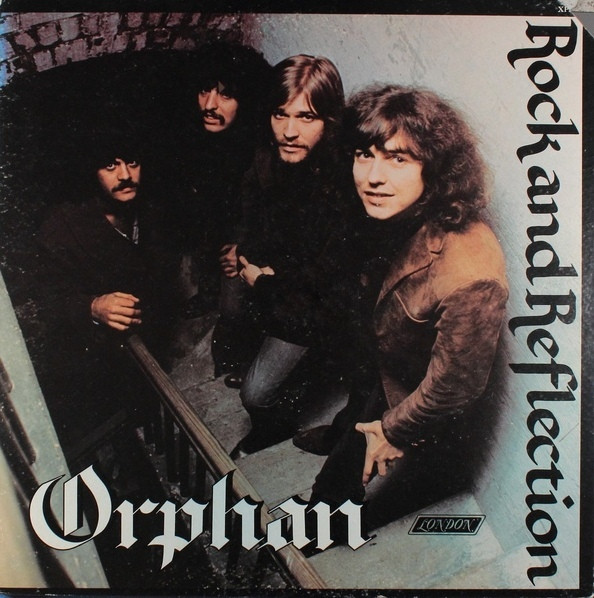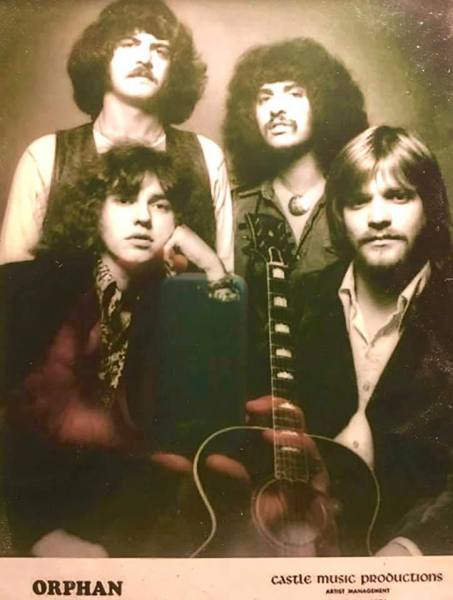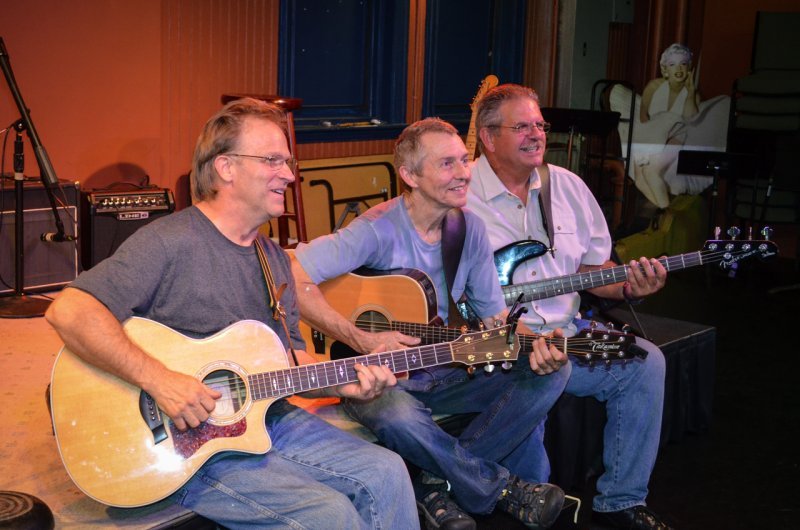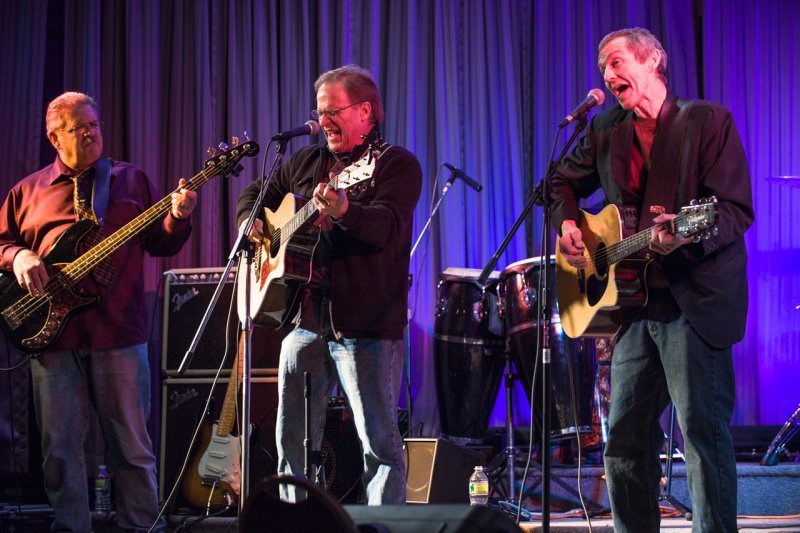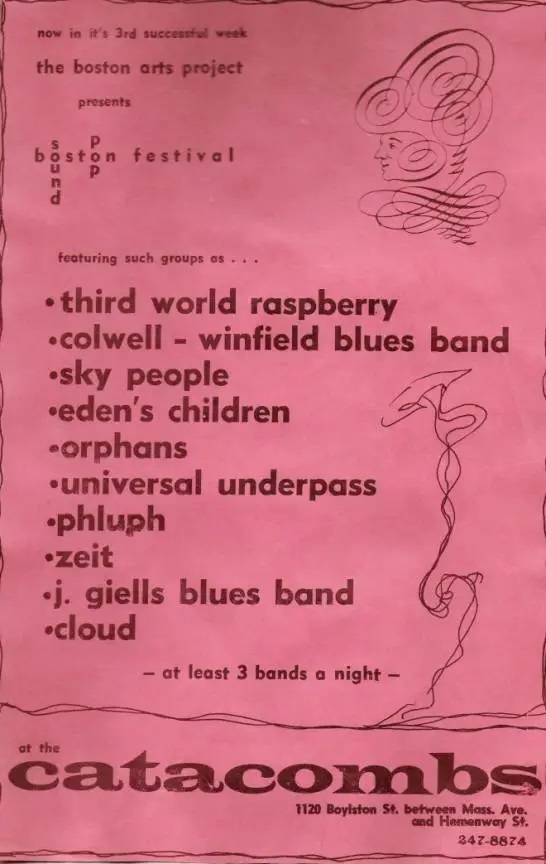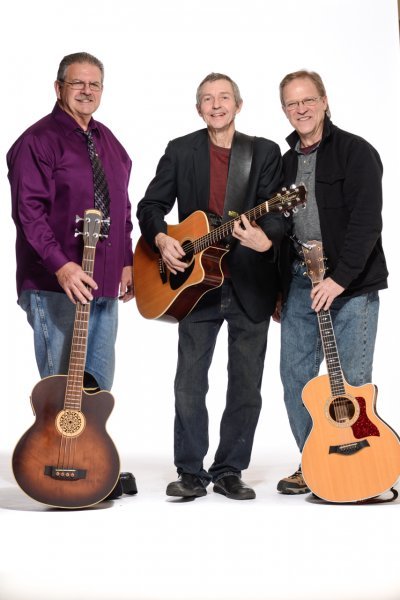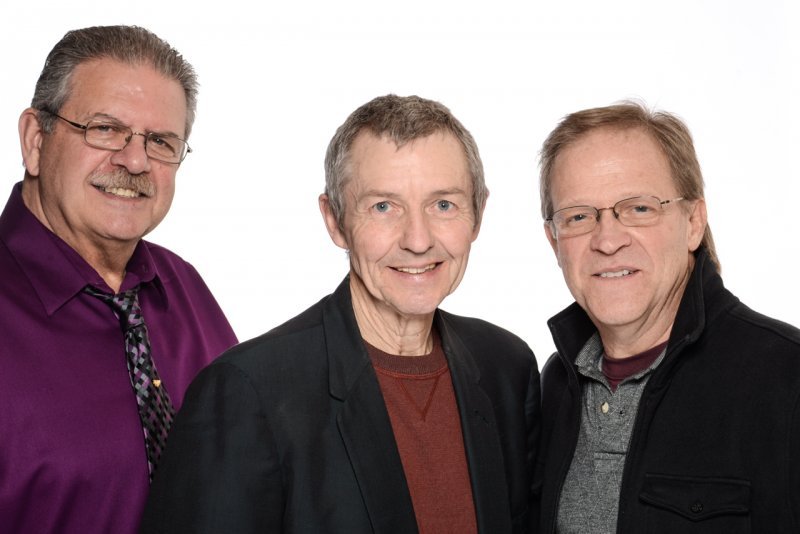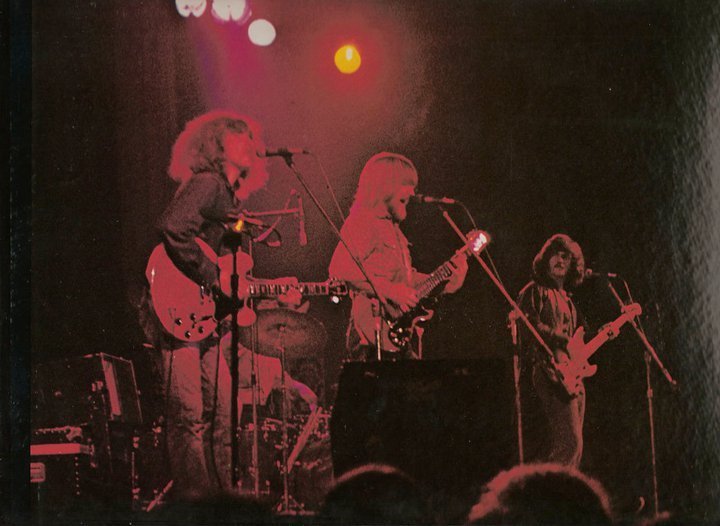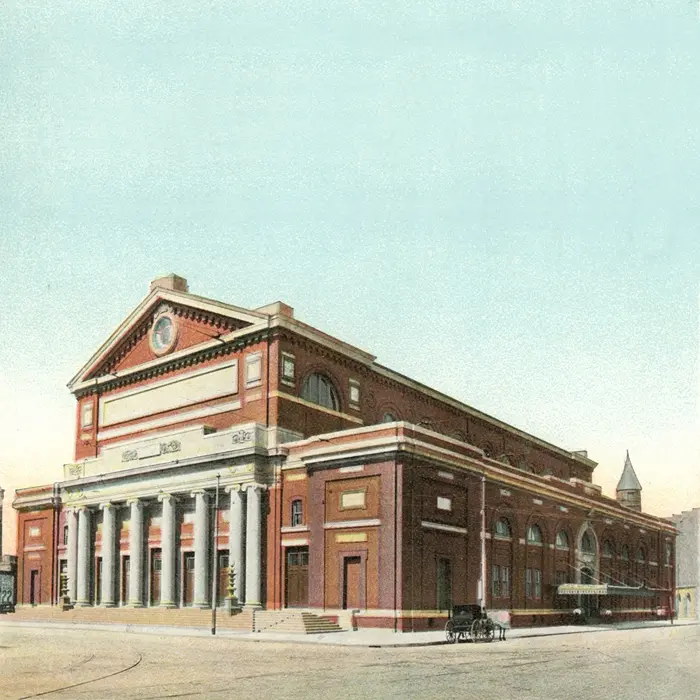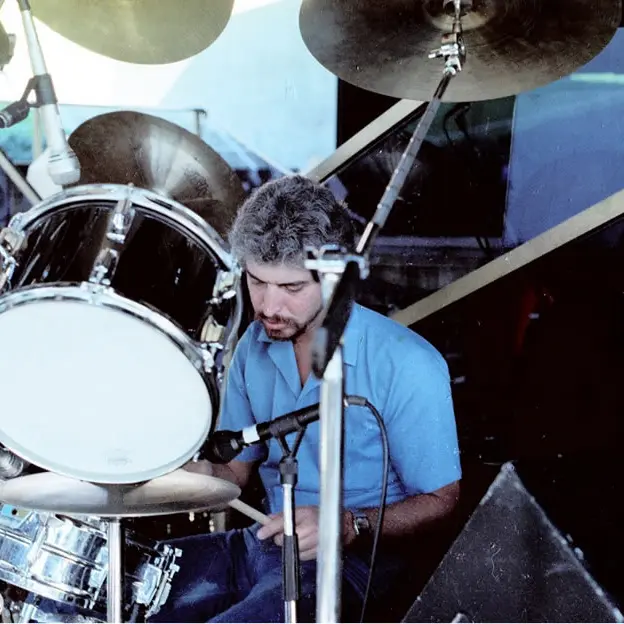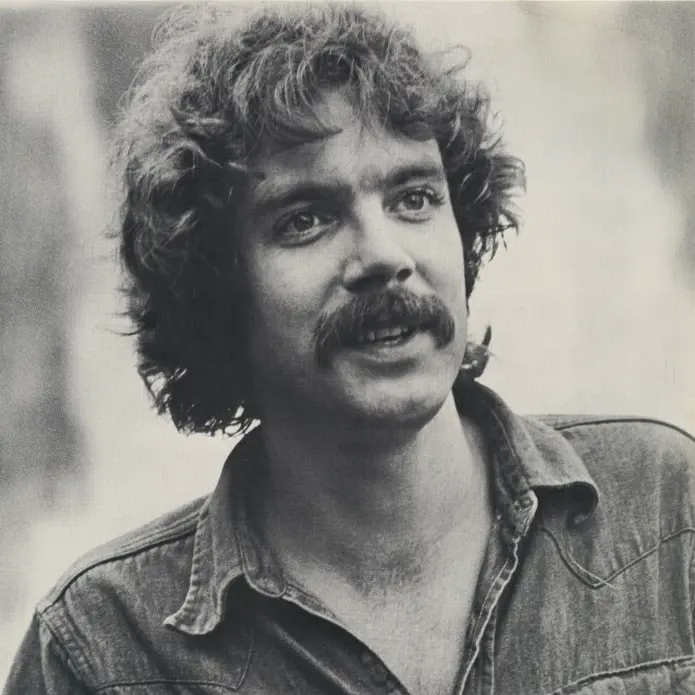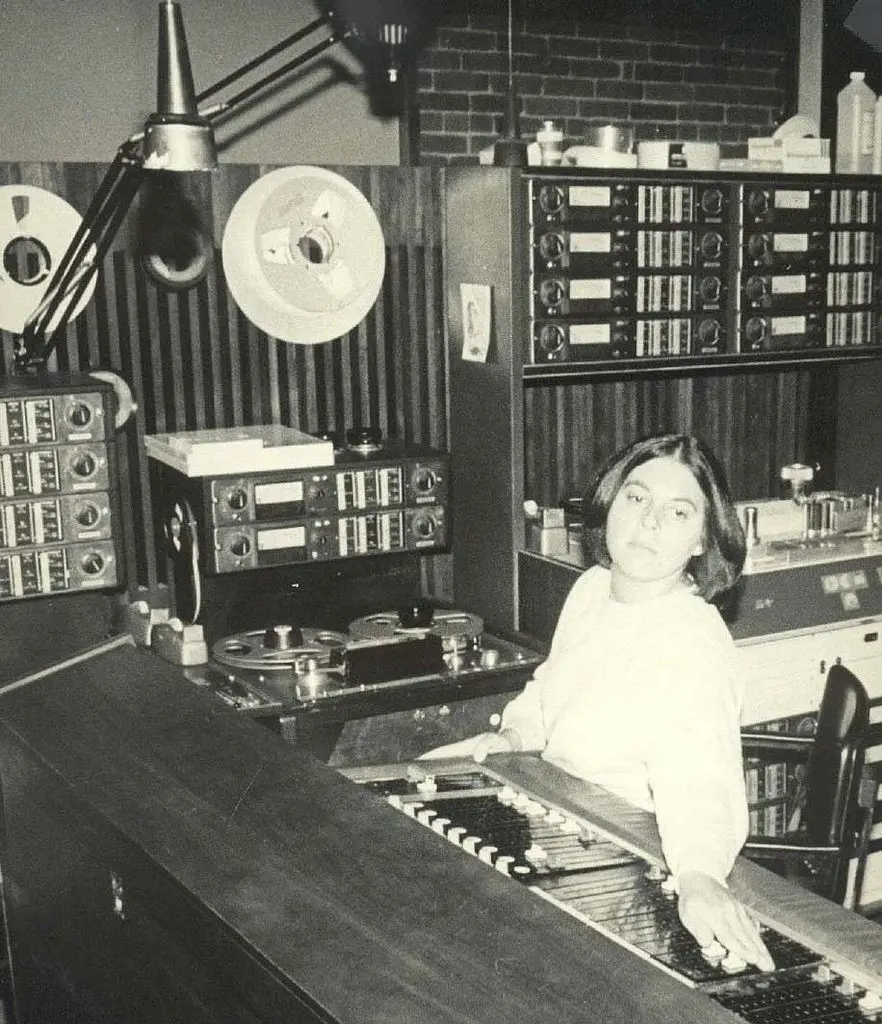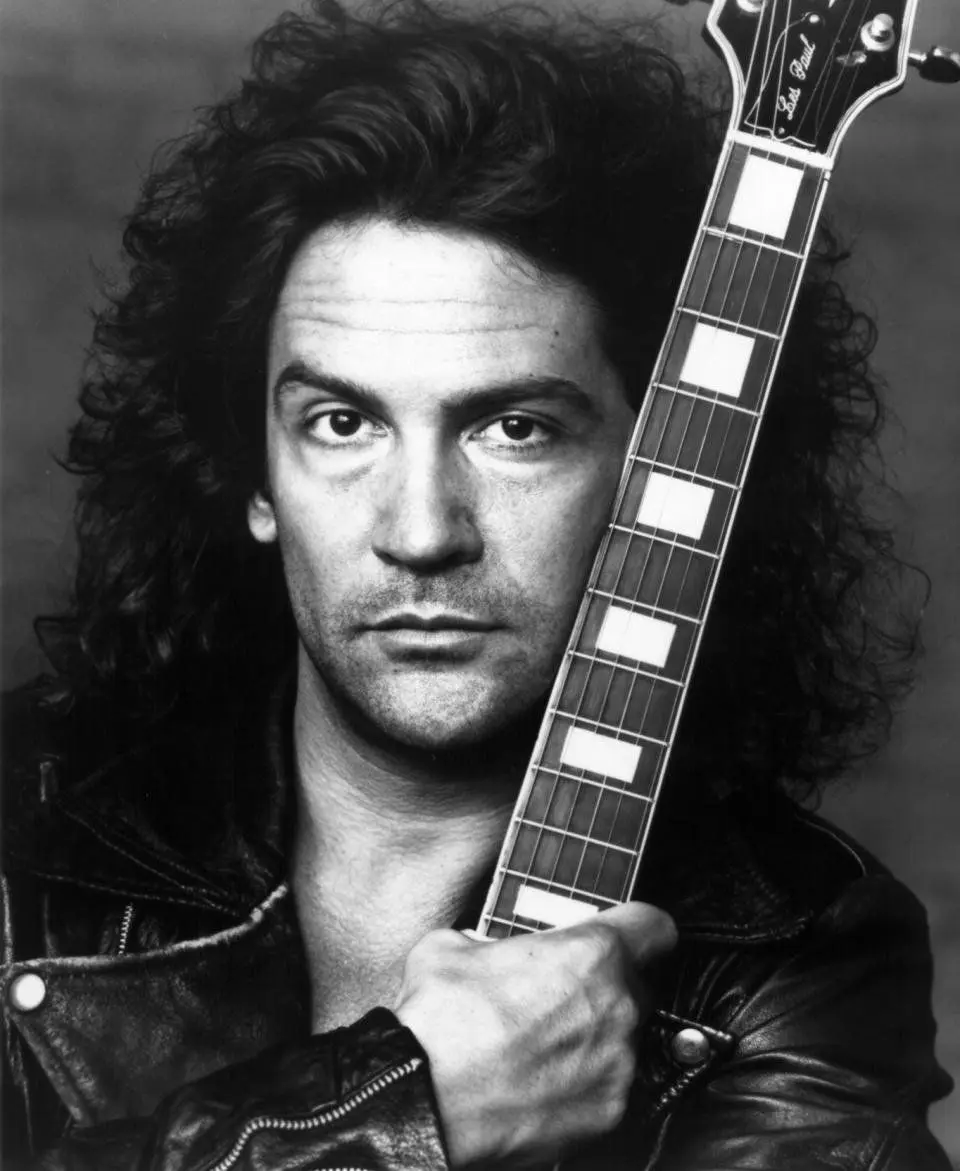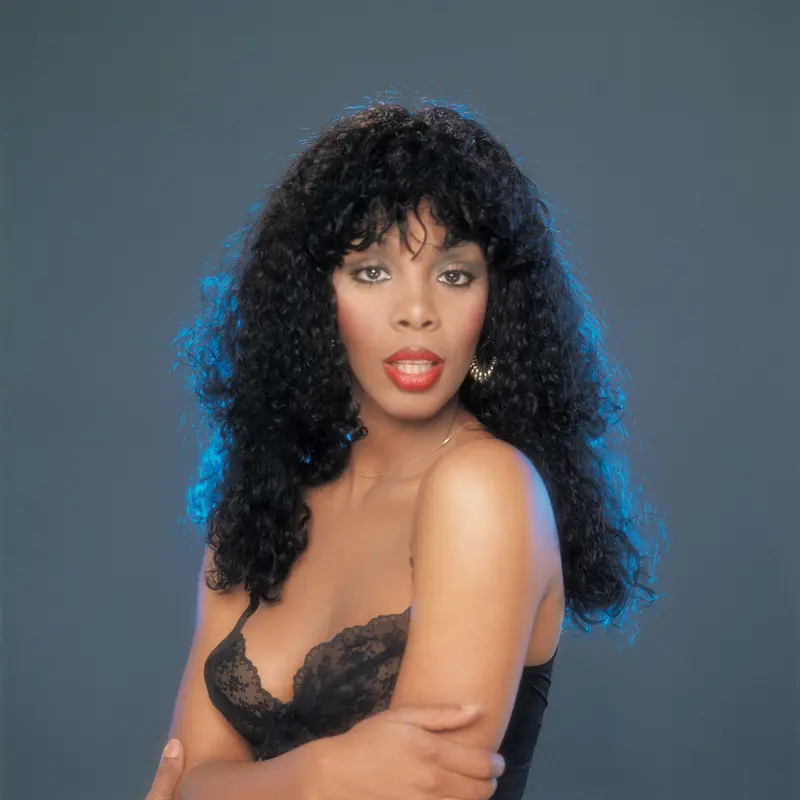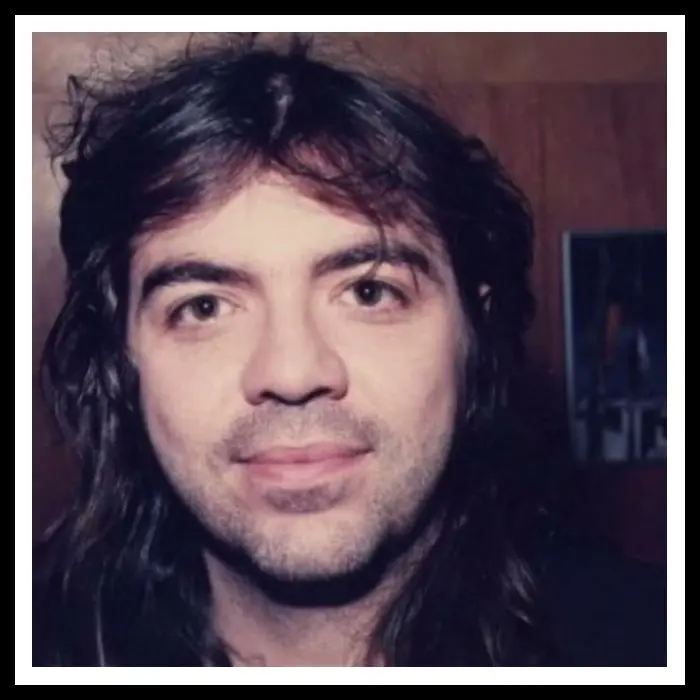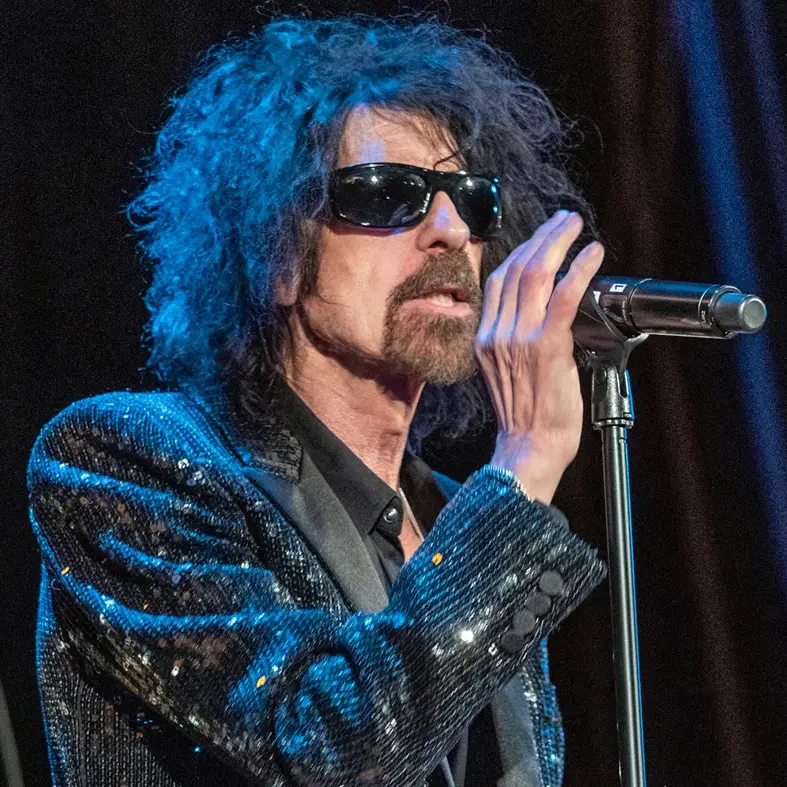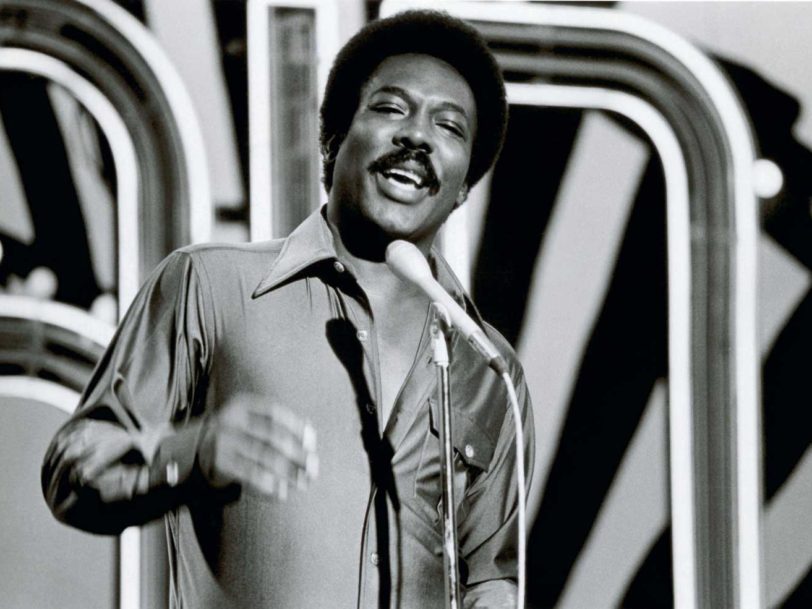Orphan

Many noteworthy bands ascended from the greater Boston area during the early-to-mid-‘60s. Some of them “made it” on the national stage, others made on the international one, and some simply made it locally. Most never became much more than a footnote in Boston’s musical history.
But one group created a unique vibe of their own and etched an indelible stamp on Boston’s rock ‘n’ roll scene and far beyond. Initially known as The Orphans, a name that soon after evolved into just Orphan, they broke ground in the Brockton-Avon area, performing in ballrooms all across New England, sharing billings with many popular acts of the day and becoming a well-respected regional phenomenon that served as musical influencers and songwriters for stars, rising stars and artists who weren’t yet known.
FORMATION, EARLY APPEARANCES, FIRST RECORDINGS, LINEUP CHANGES
Orphan’s roots go back to a threesome called The Allurs, founded by guitarist Richard Bucella from Avon along with Jack Dunbar on bass and Paul Colaruso on drums. The last to join up was Eric Liljequist, whose mom told him when he was just nine years old, “You’re going to play an instrument.” The Allurs spent hours in the barn at Paul’s house practicing before performing at schools and local sock hops around the Brockton-Avon area. With the help of Richard’s dad, they bought professional sound equipment and then changed their name to The Orphans.
Influenced by another local folk musician and mentor Edward Mottau (who became their first manager) and the rocking blues sounds coming from artists like Chuck Berry, Orphan began to get noticed and eventually attracted the attention of Peter Casperson of Castle Music, who became their second manager and started booking them into more prominent spots around greater Boston. This included the still running The Atlantic House in Provincetown, also (and affectionately) known as the A-House, where they performed for an entire summer, packing the house nightly.
Around this time, Orphan began writing their own material and going through a few lineup changes, which brought in bassist Bobby Coca, drummer Peter Cassidy and guitarist-keyboardist-singer Wiley Crawford. They eventually caught the attention of Sandy Linzer and Denny Randell, two A&R guys from the Epic division of Columbia records. The label signed the band to record nine songs, which actually resulted in four singles (with one song eliminated for “not being ready”) and it was their first really break since they recorded CBS Studios in New York City. One of their more notable and commercially available tunes from that time was “There’s No Flowers in My Garden” written by Linzer and Randell, complete with great harmonies and full orchestration.
OPENING SPOTS, MORE LINEUP CHANGES, LONDON RECORDS
They opened for many popular hit-makers of the day including Wilson Pickett, Mitch Ryder, The Rascals and Dionne Warwick. While backstage at a Warwick gig, she remarked how well they could harmonize and Wiley started singing “Walk On By” in her exact key, which earned him a big hug from the star. Not too many young musicians can claim to have had such a cool and memorable experience as that.
Lineup changes were never far away for Orphan. After learning and touring endlessly and opening for so many other popular artists, they found themselves coming into a sound of their own and landed a contract with London Records. More band changes led to a refinement in sound toward a more folk-rock direction and focusing on songwriting and vocal harmonies.
Dean Adrien, who also played guitar and sang, replaced Paul Colarusso on drums but eventually he switched over to guitar. Wiley left the band and was replaced by Bruce McPherson, adding a jazzy element. Then Steve Abdu came aboard on bass and Richard “Shtix” Adelman joined on drums. He played on their second London recording and toured with them before becoming the drummer for Donna Summer.
Another kitman, Bobby Chouinard, formerly with local soul band Utopia, joined Orphan on their third London album and toured with them before going on to be one of the most respected musicians of the late ’70s and early ’80s, backing artists like Billy Squier, Peter Wolf and Alice Cooper. In total, Orphan released three albums on the London label, Everyone Loves to Sing (1972), Rock and Reflection (1973), and More Orphan Than Not (1974).
JONATHAN EDWARDS, TOM RUSH COLLABORATIONS
While recording at Intermedia Sound Studios in Boston, Orphan got to meet Jonathan Edwards and his band (Headstone Circus( and collective elements of their music began to coalesce with shared songs and performances on each other’s albums. Orphan and Edwards often played live together and they served as Edwards’ backing band on his 1974 live LP Lucky Day, recorded at the Harvard Performance Center. Orphan has also had a longstanding association with Tom Rush and backed him on road with him during the ‘70s. They also worked with him on two live albums recorded at Boston’s Symphony Hall, New Year (1982) and Late Night Radio (1984). To this day, Lilljequist performs with Rush on occasion.
The critically underrated Orphan had a lot of fun building a musical legacy, evolving their unique brand and becoming one of the highlights of the Boston music scene. Elements of the band can be found even today, as Lilljequist and Adrien “orphan” perform in smaller venues around the Boston area.
(by Karl Sharicz)


